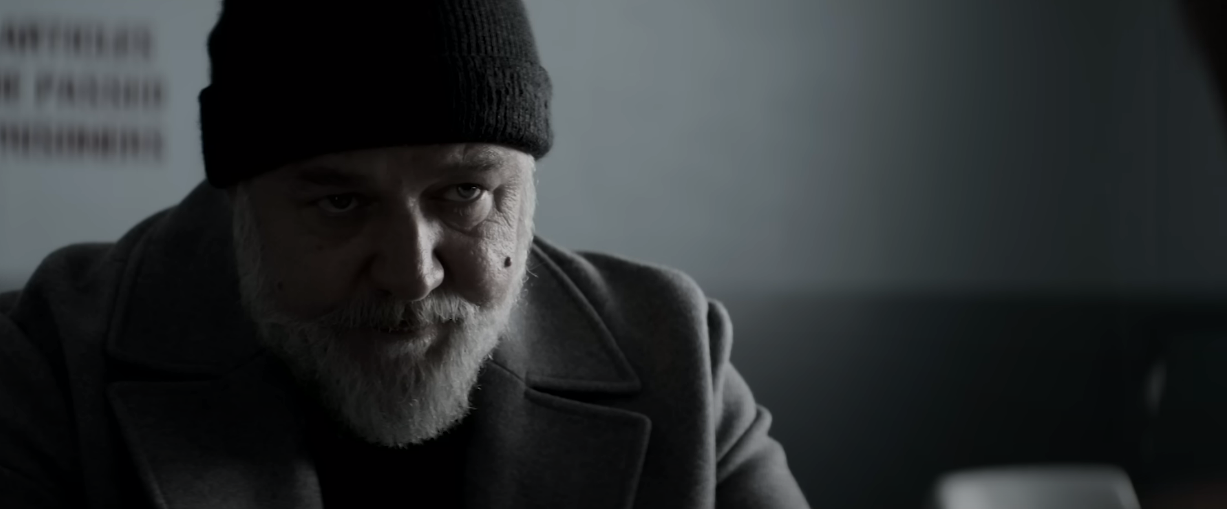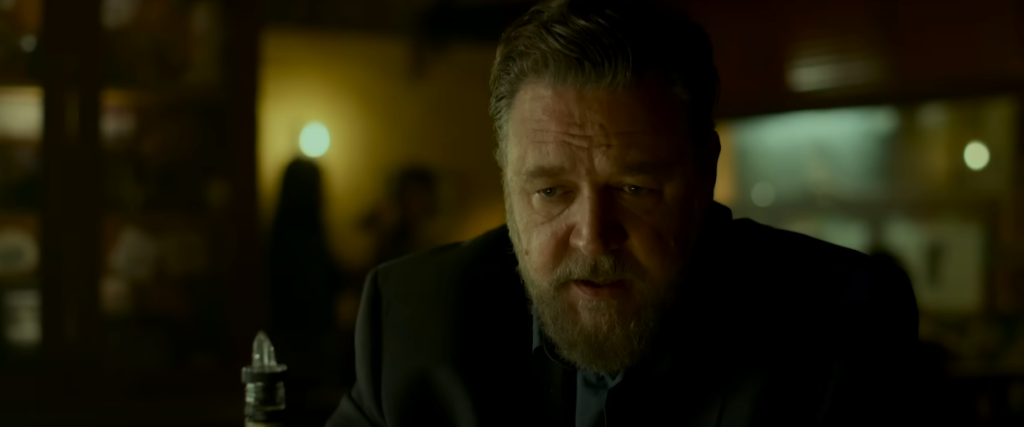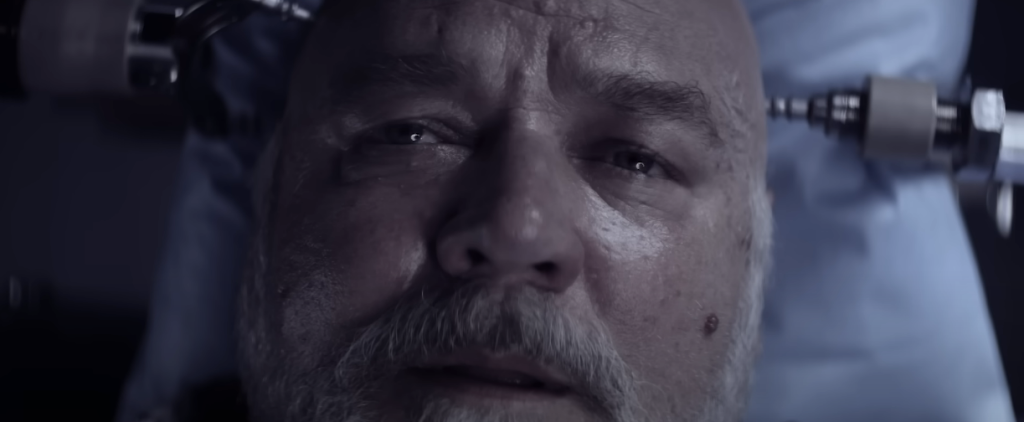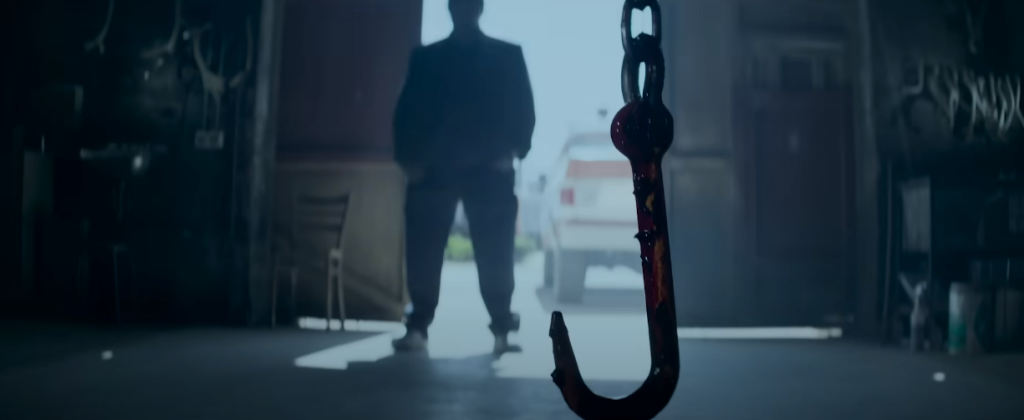
Russell Crowe seems poised for a comeback, although I’ve been saying that since “The Nice Guys,” so I could be mistaken. He’s undoubtedly reached a point in his career where he has nothing left to prove, often being the standout in every project he takes on. He elevated “The Pope’s Exorcist” in a way that no one else could have, and I secretly hope they make five more. It just takes the right filmmaker to recognize his natural talent. That’s why I was intrigued by Adam Cooper’s “Sleeping Dogs,” a film that appeared to be Crowe’s “Memento” – a twisty noir exploring memory, perception, and an unreliable narrator. While Crowe elevates this sluggish film, it makes me worried that he might veer into the realm of low-budget VOD thrillers, which have become the refuge of actors who were once more discerning (sorry, Travolta fans). Crowe deserves better than “Sleeping Dogs.” In fact, most actors do.

In “Sleeping Dogs,” the protagonist Roy Freeman (played by Crowe) grapples with dementia, leaving him reliant on notes to remember basic tasks and even his own name. This plot device, while convenient, feels exploitative of illness, holding back the protagonist when necessary for the story. Roy undergoes radical treatments, including brain surgery and constant medication. This setup allows for a traditional cop character to investigate a crime he once solved, as if experiencing it anew. It’s a familiar trope where he rediscovers forgotten clues, a predictable yet engaging journey for audiences.

The re-investigation begins when Isaac Samuel faces imminent execution for the murder of Dr. Joseph Wieder, a crime he didn’t commit. Flashbacks show Samuel was present at the murder but didn’t see the assailant. Roy decides to delve into the case, bringing him back into contact with his former partner Jimmy Remis, who advises him to leave the past alone. It’s a classic tale of uncovering secrets, with Remis trying to dissuade Roy from stirring up trouble.
Despite his debilitating condition, Roy decides to fully reopen the case, starting with the recent death of Richard Finn, who wrote a true crime memoir about the Wieder murder. Finn’s partner, Laura Baines, was closely connected to Wieder, making her a key figure in the investigation. The film delves into a flashback of the events leading up to the crime from Finn’s perspective, but it’s unclear how much truth his account holds. There’s ambiguity surrounding Finn’s writing style and whether he has all the facts, adding complexity to the narrative.

The story, unfolding through a deceased man’s writing and interpreted by a cop with memory loss, could be compelling in a book but proves challenging to translate to film. The script often lacks coherence and the characters’ actions and motivations are inconsistent. With no reliable narrator, scenes can feel nonsensical, and the symbolism can be heavy-handed. For instance, Roy solving a puzzle as a metaphor for piecing together his memory and the case is explained explicitly in voiceover, lacking subtlety.
“Sleeping Dogs” features characters who seem clueless or irritated most of the time, except for Crowe, who effortlessly adds depth even to a lackluster film like this. Hopefully, this film serves as a wake-up call for him to realize his full potential as an actor.

| Aspect | Evaluation |
|---|---|
| Russell Crowe’s Talent | Crowe stands out in every project, elevating even lackluster films with his performance. |
| Plot Device | Roy’s dementia serves as a convenient plot device, though it feels exploitative and hampers the protagonist’s actions. |
| Investigation Plot | The re-investigation of the murder case adds a familiar trope of rediscovering forgotten clues, engaging but predictable. |
| Flashbacks | Flashbacks through Finn’s perspective add complexity but leave uncertainty about the reliability of his account. |
| Script Coherence | The script lacks coherence and consistency, with nonsensical scenes and heavy-handed symbolism. |
| Crowe’s Performance | Crowe’s performance adds depth to the film, despite other characters appearing lost or annoyed. |






